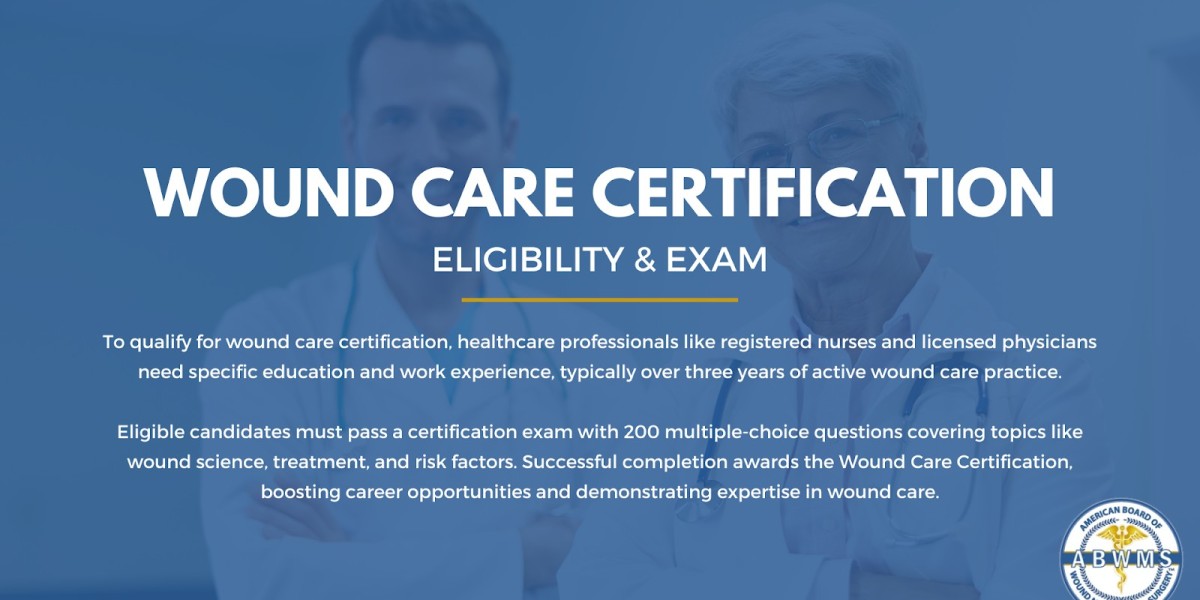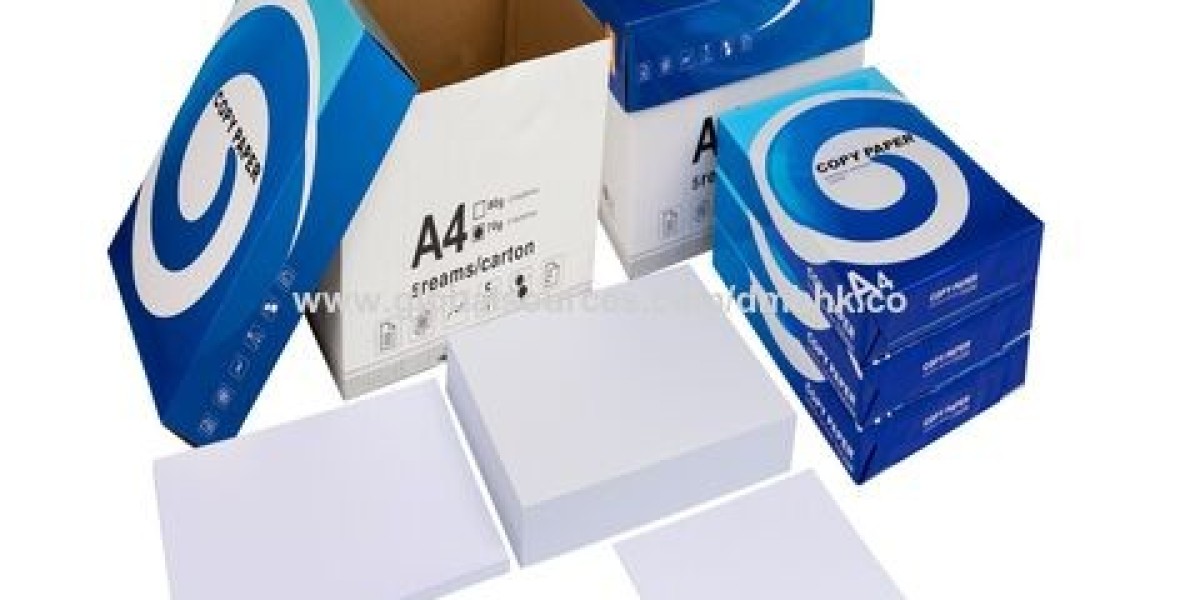Why Wound Care Certification Matters
1. Enhancing Clinical Expertise
Wound Care Certification ensures that physicians possess the advanced knowledge and clinical skills necessary to effectively manage a wide range of wound conditions. This includes chronic wounds, pressure ulcers, diabetic foot ulcers, and more. Certification demonstrates a physician’s commitment to excellence in wound care.
2. Improving Patient Outcomes
Certified wound care physicians are equipped with the latest best practices and treatment protocols, which can lead to better patient outcomes. Enhanced knowledge and skills contribute to faster healing times, reduced complications, and overall improved quality of life for patients.
3. Professional Recognition
Achieving wound care certification from a reputable organization like the American Board of Wound Medicine and Surgery (ABWMS) adds a significant credential to a physician’s professional portfolio. It signifies dedication to the specialty and can set physicians apart in their field, enhancing career opportunities and professional growth.
4. Staying Current with Advances
The field of wound care is constantly advancing. Certification programs often include ongoing education requirements, ensuring that certified physicians stay current with the latest developments, technologies, and treatment methodologies.
5. Enhanced Practice Efficiency
Physicians with specialized wound care training can improve practice efficiency by implementing evidence-based practices and streamlined treatment protocols. This leads to more effective management of resources and better patient care delivery.
The Wound Care Certification Exam
The Wound Care Certification Exam offered by the American Board of Wound Medicine and Surgery (ABWMS) is a rigorous assessment designed to evaluate a physician’s knowledge and clinical skills in wound care. Here’s what you need to know about the exam:
1. Eligibility Requirements
Physicians must meet specific eligibility criteria, including holding a medical degree and having relevant clinical experience in wound care. Detailed eligibility requirements are outlined by the ABWMS.
2. Exam Content
The exam covers a comprehensive range of topics, including wound assessment, treatment modalities, infection control, wound healing physiology, and advanced wound care technologies. It assesses both theoretical knowledge and practical clinical skills.
3. Preparation Resources
The ABWMS provides various resources to help candidates prepare for the exam, including study guides, recommended reading lists, and practice questions. Candidates are encouraged to thoroughly review these materials to ensure they are well-prepared.
4. Certification Process
Upon passing the Wound Care Certification Exam, physicians receive their certification from the ABWMS. This certification is valid for a specified period, after which re-certification may be required to maintain the credential.
Conclusion
For physicians dedicated to advancing their careers and improving patient care in the field of wound management, obtaining a Wound Care Certification from the American Board of Wound Medicine and Surgery (ABWMS) is a crucial step. The certification process validates expertise, enhances professional recognition, and ensures that physicians remain at the forefront of this specialized medical field.







